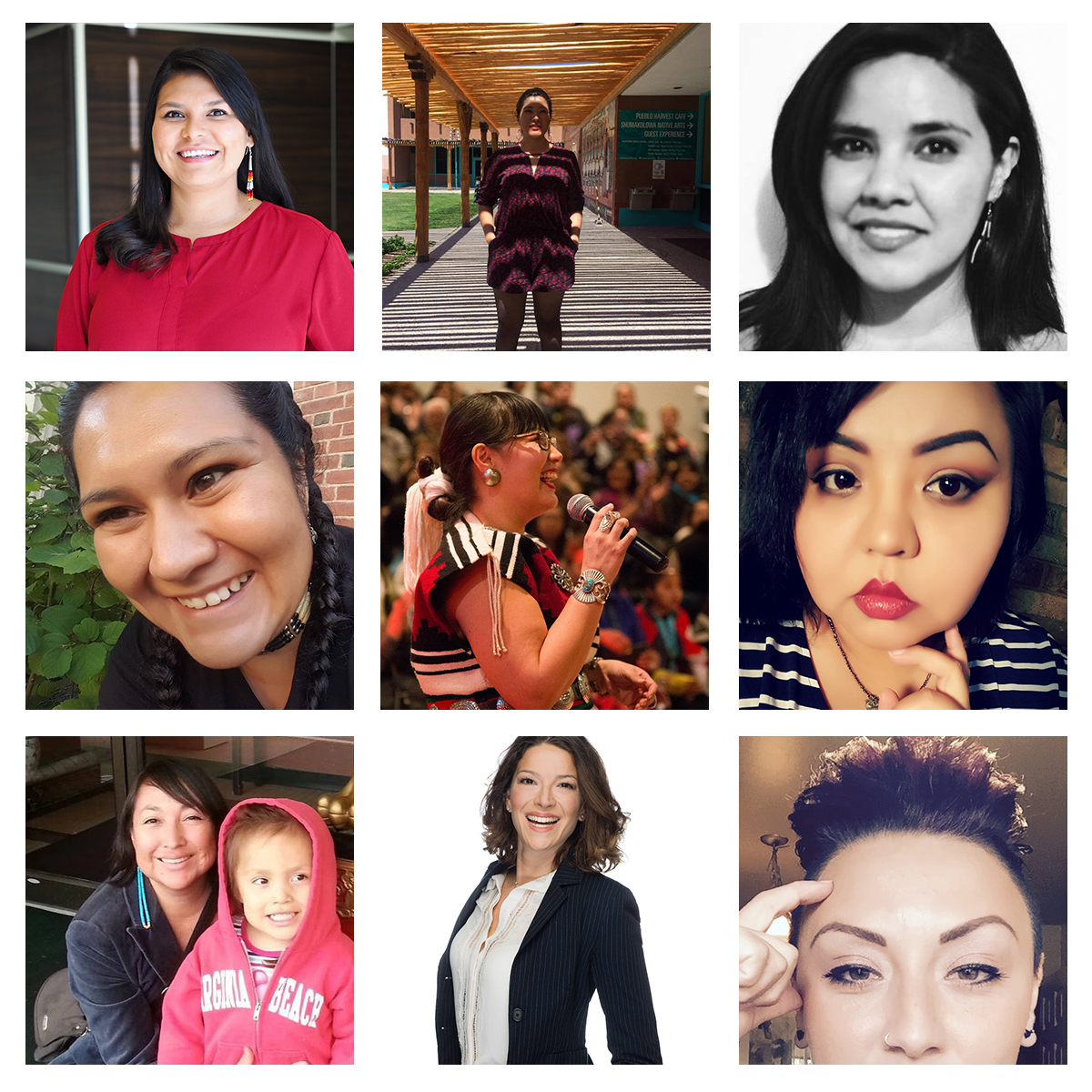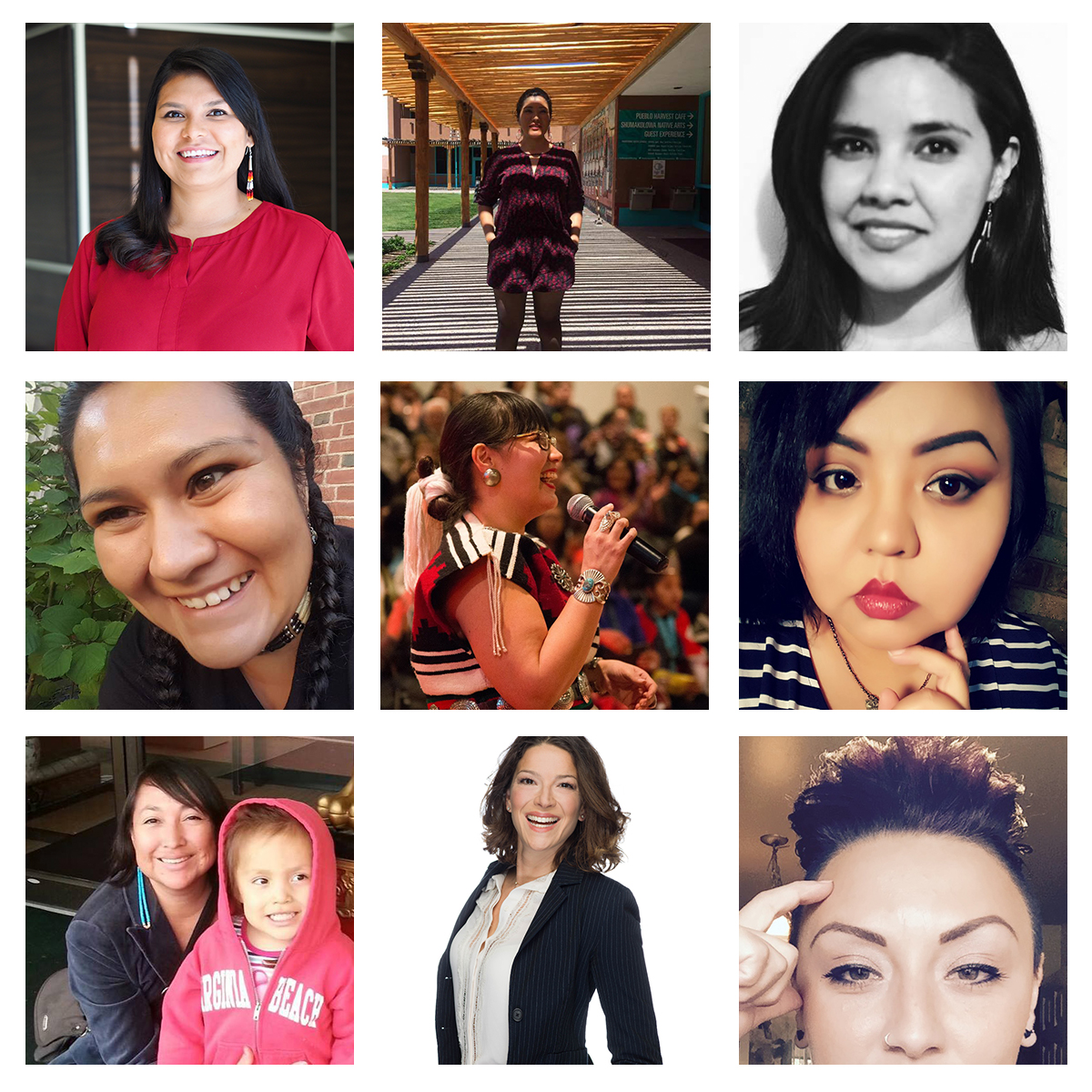Can you make your passion your career? How personal is too personal once you walk through an office doors? Is it your responsibility to lift others up?
The 51 Native women who make up Women Warriors Work, a collective of indigenous activists, journalists, Ph.D. candidates, educators, and more, have too grappled with these career questions. While pursuing the goal of representing as many professional fields and passions as possible, they seek to create a decolonized space to make the world a more bearable, loving place — hence why they call it “heartwork.”
Tapping into Women Warriors Work’s mission to uplift others, we asked its members for their best tips for professional success. Heed their advice, and don’t forget to pay it forward:


“The common phrase, ‘it’s not personal, just business,’ is one of the greatest myths out there. When it comes to your craft and your business, it’s always personal. Your product, your service, and even the way you treat your employees and vendors are a reflection of who you are, your values, and your beliefs. So don’t be afraid to make it personal — that personal touch is what resonates with clients and investors. If you don’t have a strong, honest character and work ethic, it doesn’t matter how good your work is. Skill and know-how are not enough for people to put their trust or money in your hands.” —Johnnie Jae, CEO/founder of A Tribe Called Geek.

“Take control of your education by graduating from high school or getting your GED. Use your diploma as a tool to seek further education or a job with growth potential. Everyone has a different path in life, but it is never too late to pursue your passions. You will encounter many obstacles along the way, including countless people who don’t want to see you succeed. However, you owe it to yourself, your community, and your ancestors to keep fighting to make this world — your world — a more equitable place.” —Natahni Notah, M.F.A. art practice candidate and teaching assistant at Stanford University.

“The key to success is to learn as much as you can and take every opportunity that allows you to put what you have learned into practice. Be unique with how you approach and interact with others. Don’t try to imitate anyone else, but be your true self.” —Melissa Leal, Ph.D., director of education at Wilton Rancheria.

“Share the work you have done and that you hope to do. Even if the work seems small, it is still significant if it helps someone.” —Jodi Burshia, doctoral candidate at University of New Mexico for Native American Leadership in Education (NALE).

“Turn your passion into purpose. Then, instead of hard work, your job becomes heartwork. Each day, show up presently, fully, and wholeheartedly — scars and all — because you overcame, you succeeded, and you are here to fulfill all the love and light that’s been placed in your heart.” —Tanaya Winder, director of the University of Colorado at Boulder’s Upward Bound Program.

“Believe in your capability to succeed. If you have a passion or goal in mind, never doubt that you can do it. Yes, it will take focus and hard work, but when you put in the work, others will take note and believe in you, too. Obstacles will become opportunities, and your supporters will begin to outweigh your skeptics.” —Tiffany Gusbeth, assistant director of Student Success Services at the American Indian College Fund.

“Being a person of color often means being a lone voice in the room. Aim to make questioning part of your practice. Question who isn’t at the table. Challenging and reframing a narrative is a powerful way to move toward creating a path for other people of color to be a part of the process. You’re helping to change the voice and face of your work community.” —Jaclyn Roessel, President of Grownup Navajo.

“When starting a new position, there will be a learning curve. You’ll learn about yourself, the organization, and your colleagues. Don’t be afraid to ask questions.” —Nahtahnee Winder, Ph.D. candidate in sociology and a lecturer for first nations studies at the University of Western Ontario.

“Establish your unique skill set early in your post-college career. This means taking time to become reliably good at a skill or craft, examining who you are and where you come from, and defining what meaningful work looks like for you. Imagine yourself where you want to be in 20 years, and then work backwards. First, seek out a mentor you admire and ask him or her to support you. Never be afraid to ask for help and push for more information. It doesn’t make you seem weak; rather, you’ll be perceived as productive and curious, and eager to learn.” —Alli Joseph, host/producer at Salon.com and founder of Seventh Generation Stories.
Originally published at www.jopwell.com


